
__Import __ () function in Python
__import __ () is an advanced function called by the import statement in python

__import __ () is an advanced function called by the import statement in python

list () creates a list in python. so what is the syntax of list () function, what parameters does it have and how to use it? invites you to read the track.
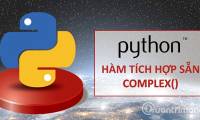
in python, the complex () function returns a complex number when the user provides a virtual and real part, or turns a string into a complex number. how does the complex ()

the float () function in python converts the value specified to a floating-point number. how does the float () function have a syntax, what parameters do you have, how can you

in this article, quantrimang will continue to introduce you to a built-in function in python, eval (). eval () is an interesting utility that allows you to run python code (this
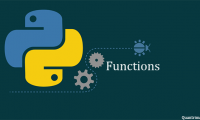
in the previous article, you learned that python has a basic function type, one is a built-in function, two are user-defined functions. today, we will learn about a list of
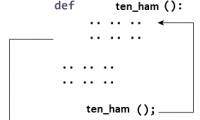
what is python function? how is the syntax, components, and function types in python? how to create functions in python? these questions will be answered in the python lesson
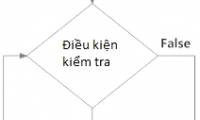
in this python lesson, you'll learn how to control the execution of a loop using loop control statements like break and continue.

in this article we will learn a simple python program to get a little more insight into python, before starting to learn about the main components of this programming language.
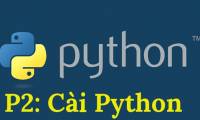
to get started with python, you first need to install python on the computer you are using, be it windows, macos or linux. below is a guide to installing python on your computer,